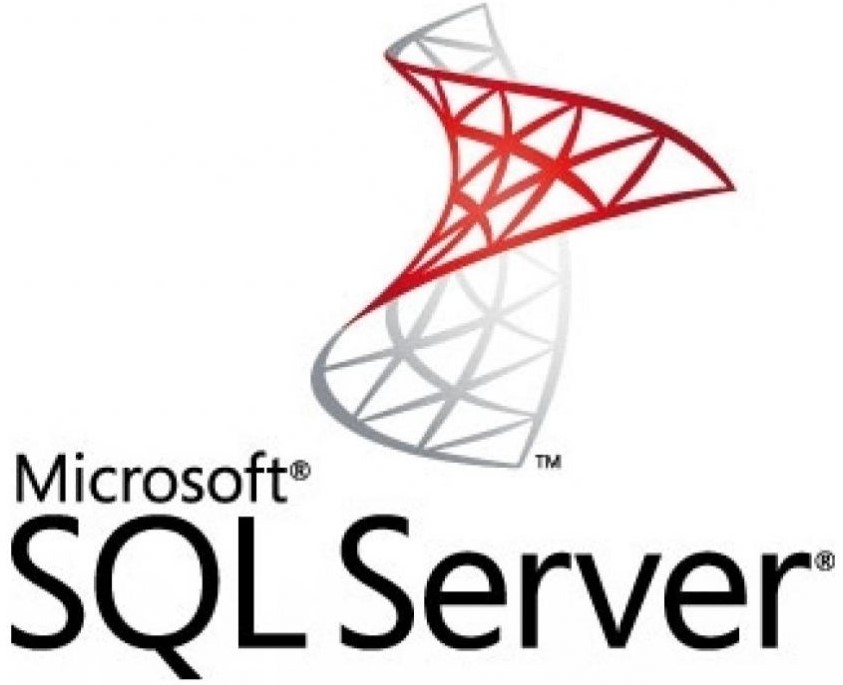The Dallas-Fort Worth area was settled by the Spanish and became part of the United States in the mid 1800s. The city of Fort Worth was a stop on the Chisholm Trail where cattle were driven to market in the north. In the early 1900s, the first skyscraper west of the Mississippi was built in Dallas. Today, the area that makes up the Dallas-Fort Worth metroplex is comprised of 11 counties and is said to be larger than New Jersey. Public transit helps people to move around the metroplex and is made up of bus service, diesel trains, and over 93 miles of light rails. The Dallas-Fort Worth area is home to over 40 colleges and universities. The arts district of Dallas is one of the largest art districts in the country. Some of the museums found in the Dallas area are: The American Museum of the Miniature Arts, Nasher Sculpture Center, and the Dallas Museum of Art. In 1936, Dallas hosted the Texas Centennial Exposition World’s Fair and built Fair Park, which is also home to many sculptures and Art Deco buildings. Texas’s largest zoo is in Dallas, while Fort Worth has the world’s largest indoor rodeo. Money is a crucial element in the metroplex as one of the two facilities for the Bureau of Engraving and Printing is in Fort Worth.
Early economics in the Dallas-Fort Worth area started with cattle, cotton, oil, and railroads which helped it become a transportation hub. During World War II, manufacturing for aircraft and automobiles made up a large part of Dallas-Fort Worth’s economy. Today, the Dallas-Fort Worth area is said to be the economic hub of north Texas. The economy of Dallas-Fort Worth mostly comes from transportation, energy, medical research, and technology, which is how it gets the name “Silicon Prairie.” Nokia, Microsoft, Google, Samsung, and AT&T have headquarters in downtown Dallas. Southwest Airlines and American Airlines are major employers in the Dallas-Fort Worth area, which has one of the largest airports in the world. Tourism, sports, and manufacturing also play a role in Dallas-Fort Worth’s economy. Although major sports did not come to the Dallas-Fort Worth area until the mid 1900s, the metroplex is now home to each of the four major leagues, which bring high numbers of people to the city each year. The Dallas area is said to have more shopping centers than many other cities in the United States. The State Fair of Texas is held in Dallas and adds to the economy of the city. All these factors are a big reason many corporations are drawn to the Dallas-Fort Worth area, from other parts of the United States.



